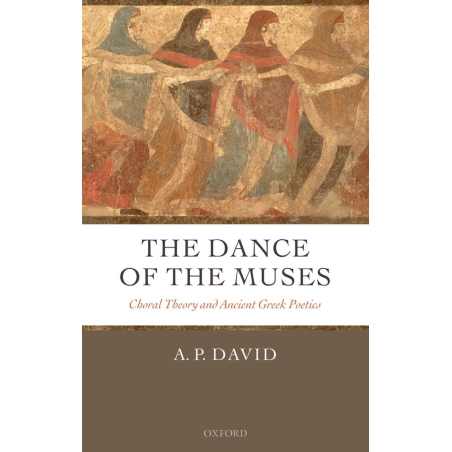In this book David develops a revolutionary approach to Greek poetics, which takes seriously and concretely the role of dance. His conclusions, when applied to Homeric poetry, constitute a radically new theory about its origin and composition.
CONTENTS
1 Introduction: the right comparison
2 Choreia and the musical text
3 The voice of the dancer: a new theory of the Greek accent
4 The form of the hexameter: the origins of caesura and diaeresis
5 The `choral signifier': the shaping of Homeric speech
6 Retrogression, episode, and anagogy: the round dance and narrative form
7 The genesis of Homeric poetry (a brief synthesis): the `intemporizing' cataloguer
8 The lyric orchestra




